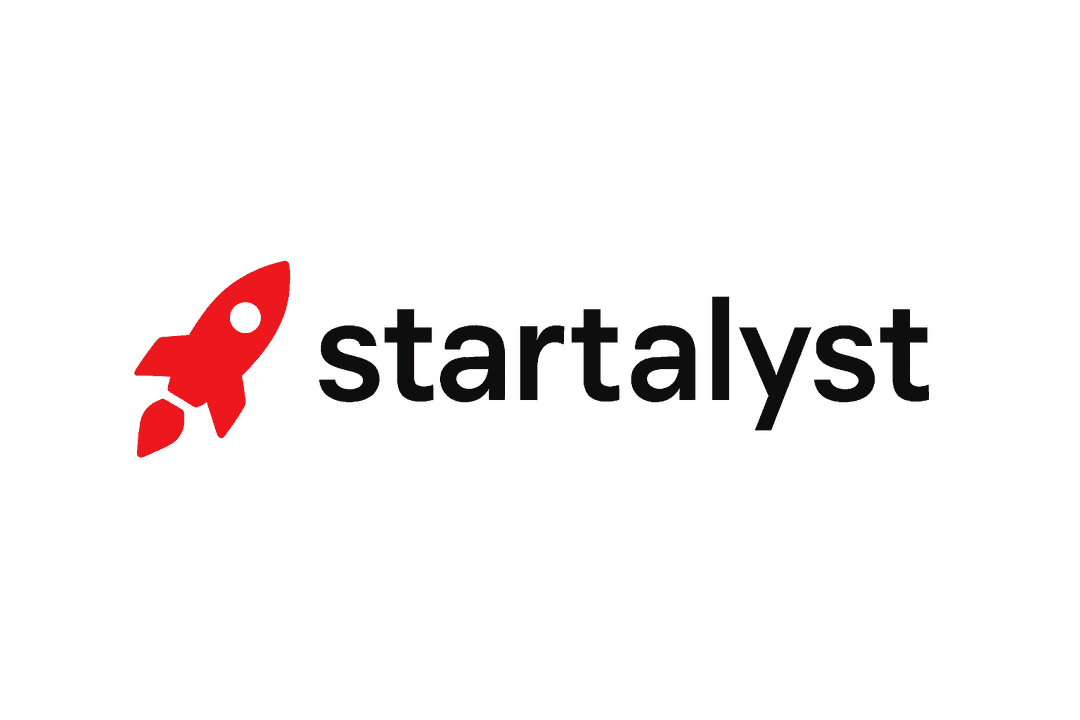Mental Health Business Ideas Starter Guide
How to Get the Best Results
Start with what you already do well and pick a narrow client need inside mental health business ideas, such as perinatal anxiety, workplace stress, or adolescent mood support. Narrow focus makes marketing simpler and referrals easier to track.
Test one small offering for eight to twelve weeks, collect feedback, and iterate pricing and delivery. Use simple channels like local clinics, LinkedIn posts, and community workshops to find paying clients quickly.
Step 1 — Who are you?
List your professional background and one core clinical or operational skill so you can match a business idea to real capabilities.
- Licensed clinical social worker — trauma-informed therapy — You can offer a trauma-focused outpatient practice with specialized intake packages for survivors.
- School counselor — child assessment — You can design after-school resilience groups that partner with local schools and PTA chapters.
- Psychologist in private practice — cognitive behavioral therapy — You can develop short-term CBT programs for anxiety with measurable progress tracking.
- Life coach with coaching certification — goal setting — You can sell monthly coaching plans focused on executive stress management for professionals.
- Registered nurse with psychiatric experience — medication management basics — You can create collaborative care protocols for primary care clinics to reduce psychiatric waitlists.
- Yoga instructor with mental wellness training — mindfulness instruction — You can run trauma-sensitive movement classes combined with psychoeducational modules.
- Health tech developer — user experience design — You can build simple digital tools that support therapists with client onboarding and outcome measurement.
Step 2 — Add interests & skills
Pick interests and additional skills that broaden your service mix and give you concrete channels for client acquisition.
- Group facilitation You can run hybrid support groups that scale with a modest recurring fee.
- Content creation You can produce brief educational videos or articles that position you as a specialist and drive inbound consultations.
- Grant writing You can win local funding to pilot community mental health workshops and reduce client acquisition costs.
- Telehealth delivery You can reach rural clients and reduce overhead by offering secure remote sessions.
- Corporate training You can sell workplace mental health workshops to HR departments and create retainer relationships.
- Data analysis You can track outcomes and create case studies that increase referrals from clinics and payers.
- Marketing on social platforms You can attract a niche audience with regular posts and low-cost ads targeted to caregivers or managers.
- Workshop design You can package psychoeducational half-day workshops and sell seats to community centers.
- Insurance billing You can accept insurance and broaden your client base by simplifying the reimbursement process.
- Peer support coordination You can organize trained volunteer networks that extend your service reach and reduce delivery costs.
- Mobile app familiarity You can combine brief coaching with app-based homework to increase client engagement between sessions.
- Clinical supervision You can offer supervision and training to early-career clinicians as an additional revenue stream.
Step 3 — Set available capital
Decide how much you can invest up front; each tier implies different first steps and timelines for scaling mental health business ideas.
- ≤$200 Focus on low-cost, high-skill services like teletherapy, coaching by appointment, or a paid newsletter that sells bite-sized mental health strategies.
- $200–$1000 Invest in basic website setup, booking software, and a small ad test to launch group programs or targeted workshops in your community.
- $1000+ Use funds for a branded online course, a refined lead magnet funnel, or hiring a contractor to build a minimal viable app for asynchronous support.
Step 4 — Choose weekly hours
Match the weekly hours you can commit to the kind of offering you want to run, and be realistic about admin time.
- 5–10 hours Run a part-time teletherapy or coaching schedule and batch content creation to attract new clients without burning out.
- 10–20 hours Deliver a mix of individual sessions and one group per week while handling your own marketing and billing.
- 20+ hours Scale to multiple groups, paid workshops, and course creation while delegating operations like scheduling or bookkeeping.
Interpreting your results
- Combine your background, chosen skills, budget, and hours to identify the most feasible ideas in mental health business ideas. A low-budget, low-hour plan points toward virtual services and content products, while more capital and time allow for courses, apps, or clinic partnerships.
- Prioritize one client type and one delivery channel to avoid spreading effort too thin, then iterate based on bookings and feedback. Track two simple metrics like conversion rate from first contact to paid client and average revenue per client to guide tweaks.
- Use partnerships to amplify reach: connect with primary care clinics, employee assistance programs, or local nonprofits that already serve your target audience. Outsource the tasks you dislike first, such as bookkeeping or ad management, to protect clinical time.
Use the generator above to mix and match your profile, interests, capital, and hours until you land on a clear, testable mental health business idea you can pilot in eight weeks.
